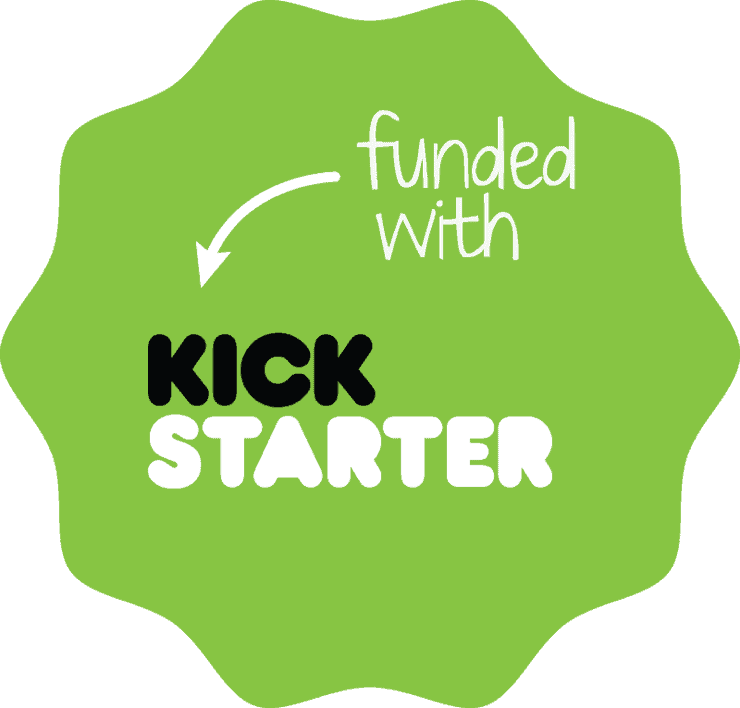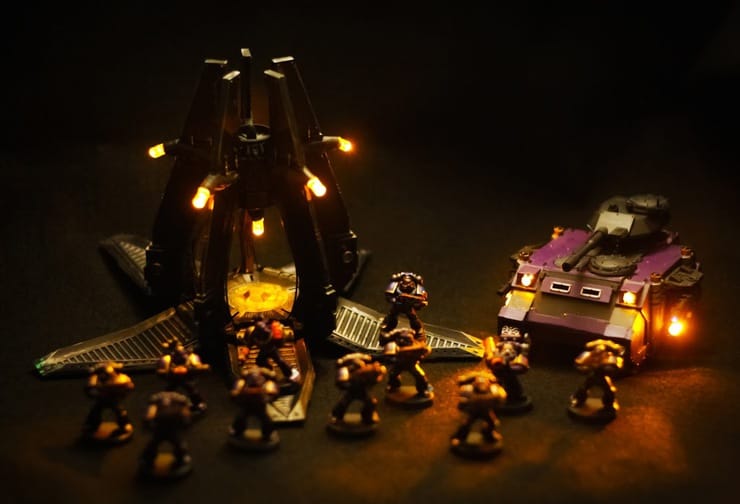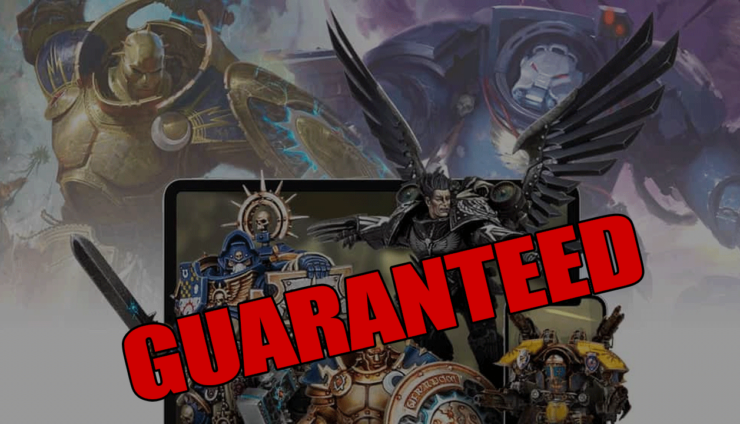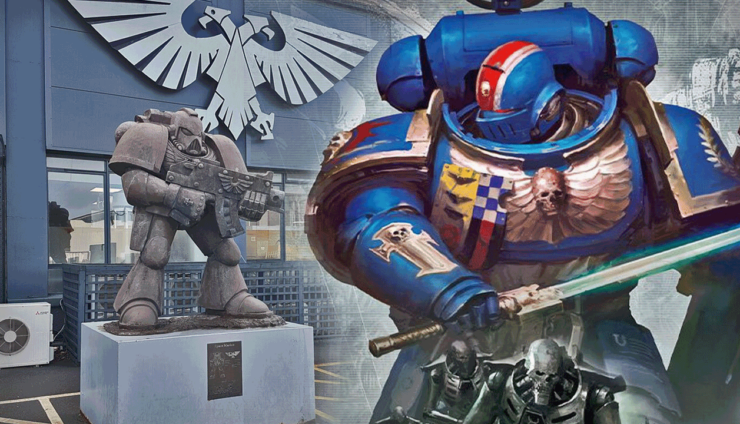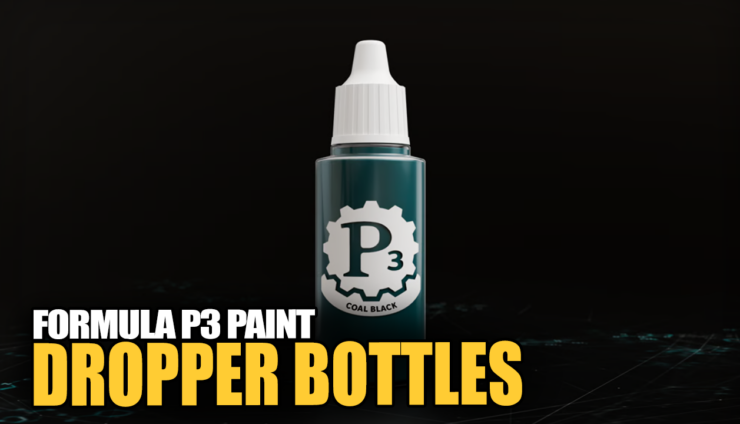A few months ago, a Kickstarter by PoweredPlay Gaming set out to develop plug and; play LED lighting kits for wargames, minis and hobbies.
The project was 350% funded in June, and the tech has already delivered to all of its supporters – not only on-time, but with extra bonuses for their one week delay.
While one could say that this should be the model for Kickstarted projects, there seems to be a big miss for a lot of companies and sole-proprietors who are using the platform or plan to do so.
Kickstarter used to be a place where startups would look to test the audiences, help get funded and celebrate innovation. Today, there’s still a big population of projects that hold true to the original ideals of Kickstarter, but often we see well-established companies now using it as a 30-day marketing tool to pre-sell their product (CoolMini) and make you wait for up to eight months (Reaper) before even being able to deliver on product.
While PoweredPlay’s project isn’t the penultimate example of a 1000% funded project, there are some basic things that the company did right (and what they did wrong in their first attempt) which project owners could learn.
Be Ready to Launch
The biggest failure for Kickstarters and the one that ticks off supporters the most, is not being able to execute immediately after the project closes. Have quotes in-hand from vendors, have backups, and test the quality. That way, when you get the funds, you can have the fastest turnaround possible.
Keep It Simple
Don’t over complicate your rewards structure, and only deliver one product. This killed PoweredPlay’s first attempt. The more products or intertwining reward structures, the more difficult it becomes for supporters to follow or make up their minds. Also, keep the title easy to find. Kickstarter’s search engine sucks, and if your keywords aren’t in your title or 120 character description, you’ll be lost.
Market Early
Even if you’re a startup, and want to use Kickstarter as a marketing tool itself, be sure to be active for at least a month ahead of time promoting your idea – and subsequent Kickstarter plans. Give people a firm date and time to start following, remind everyone for the week leading up to launch and provide direct links when you get them from Kickstarter.
Over Communicate – But don’t over do it.
You want clarity in your development process, stretch goals if you’ve set them, incentives for people to up their pledge. This goes for the active project and after you close. Be sure you communicate through updates, comments and be responsive. Just be sure that you don’t become a spammer with multiple daily updates (unless it’s major milestones). Also, you’ll want a good pledge manager with clear instructions (Kickstarter’s platform is so-so) to supporters to make customization, top-off’s and/or purchase add-ons.
Kickstarter can be great, but it’s becoming over-saturated and people are becoming less interested by regular delays, lack of shipments, and the unreliability of project owners to deliver as promised. If you’re planning your project, good luck, but just be sure you’re really ready to go before you have a failure to launch.
Editor’s Note (MBG)
From a retailers perspective there is nothing we HATE more than Kickstarters that do not help the brick and mortar stores out at all. We get a ton of questions like are you going to carry XYZ product, and often times the answer is a resounding no. Why would we carry a product that is so readily available and oversaturated on Kickstarter, that no one will buy it when it releases to stores, unless they lived in a cave when it was up for funding?
IMHO if you going to blatantly poach from gaming stores’ customer base, you should give something back to them.
It seems like it would be easy to do to… Just offer like special figures that can’t be obtained on Kickstarter, OR perhaps give stores the chance to purchase MEGA Kickstarter deals to pledge and then collect the funds from their customers so the money trickles down the right way to the developers and everyone gets their cut.
If Kickstarters/ crowd sourcing is the future of gaming, I hate to think about the future of the friendly local game store….
